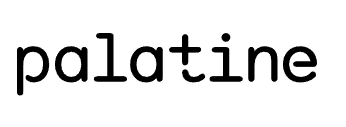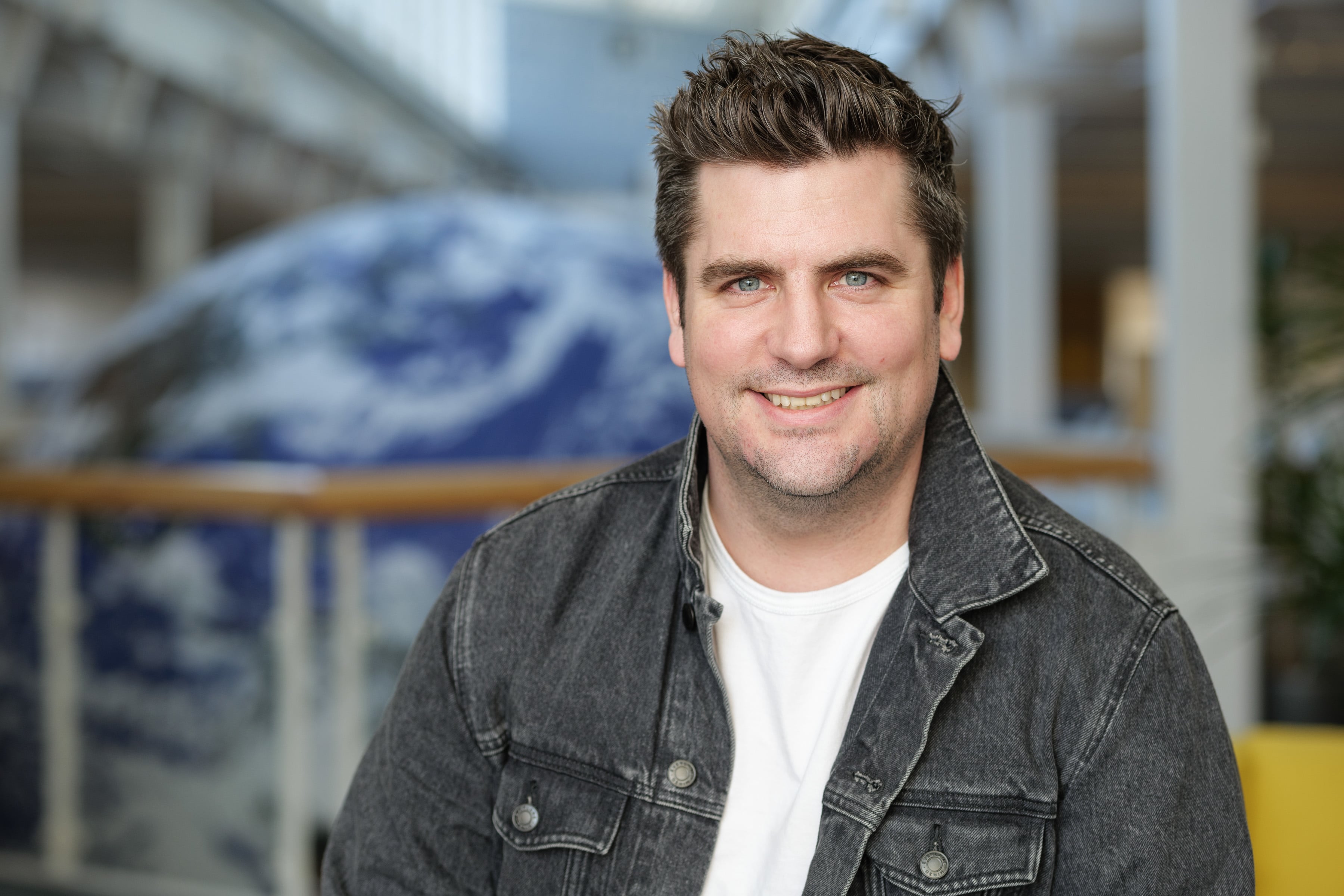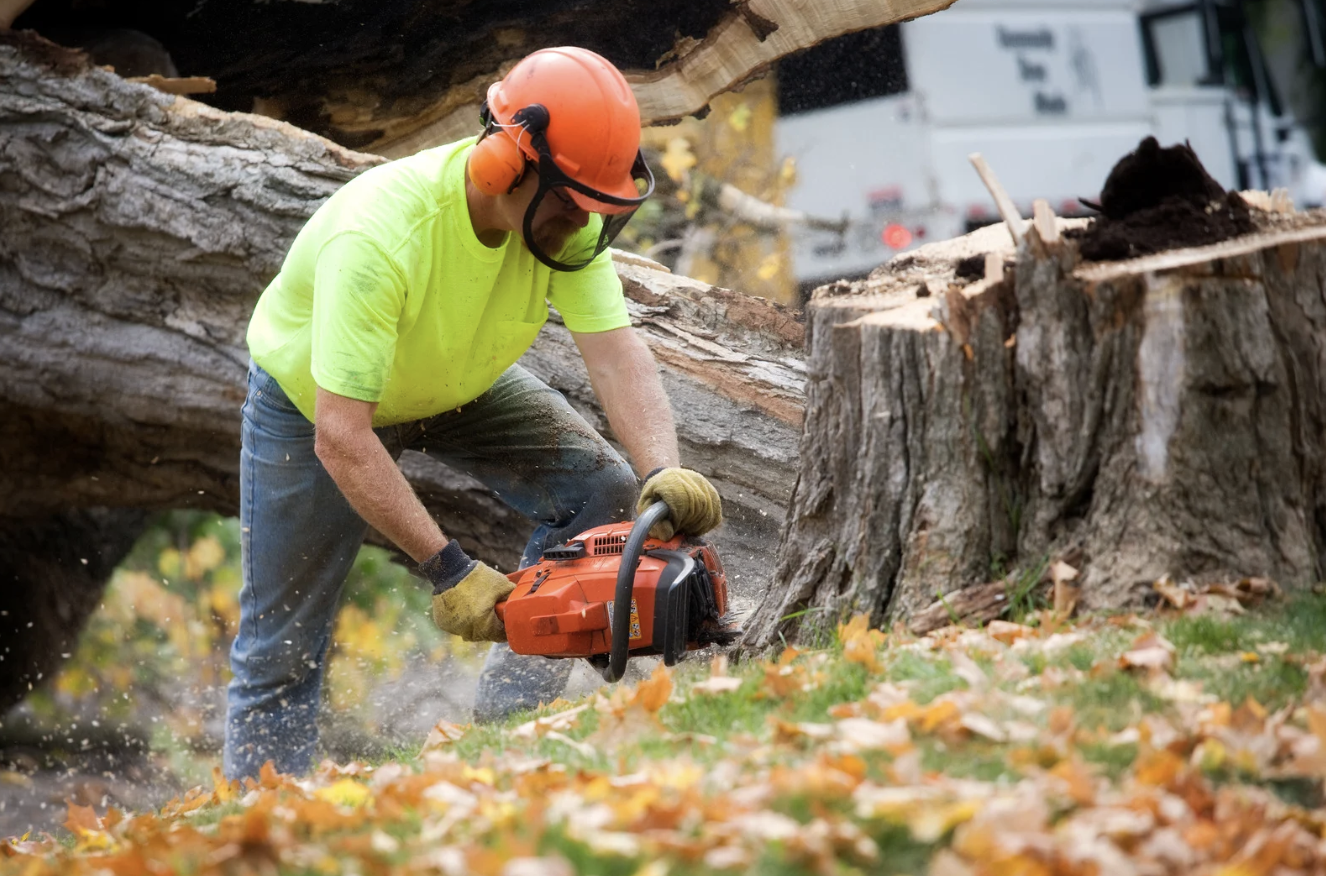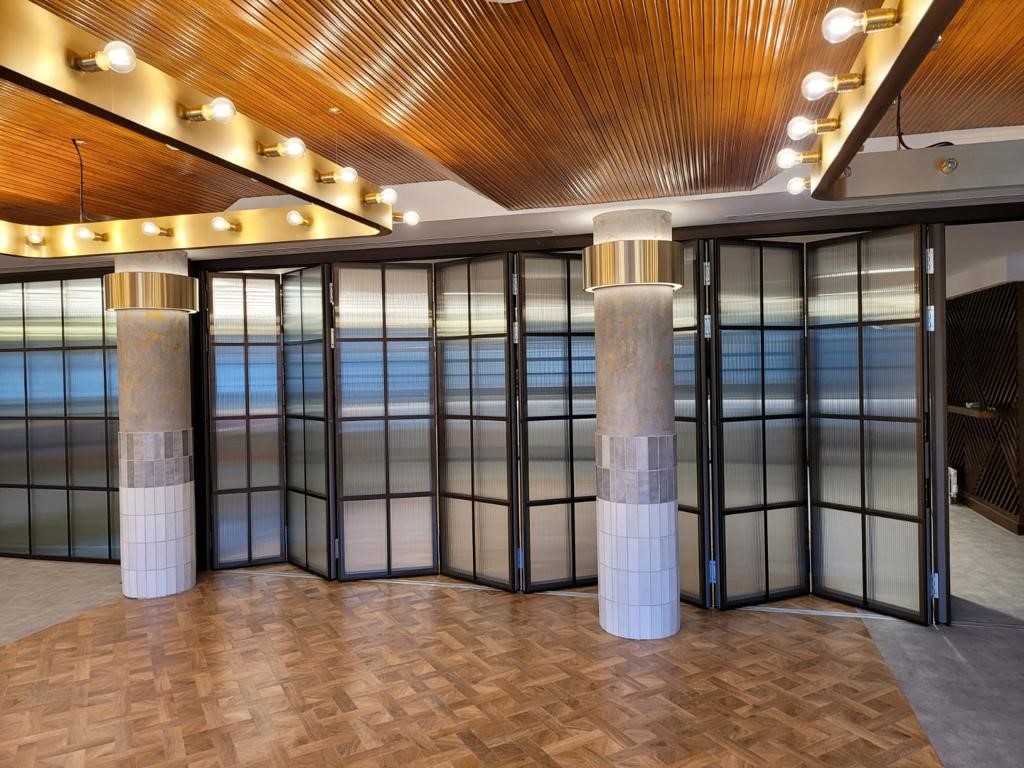Francois Hollande called for a legal framework and sanctions to make them "face up to their responsibilities".
The French Interior Minister said he was due to discuss combating terrorist propaganda with US tech companies.
But a French free speech group said it amounted to asking the firms to act as privatised police.
Mr Hollande said: "We must act on a European and even an international level so that a legal framework can be defined, and that the online platforms that run the social networks are made to face up to their responsibilities, and that sanctions are imposed when they do not."
'Plan of action'
He added that he wanted the French government to draw up a "global plan of action" to deal with racism and anti-Semitism by the end of February.
And, speaking at a service marking 70 years since the liberation of the Nazi death camp Auschwitz on Tuesday, he said he would ask other world leaders for their support when he met them later that day.
The BBC's Paris Correspondent Lucy Williamson said: "The Interior Minister Bernard Cazeneuve has confirmed that he will travel to the United States to meet major internet operators like Google and Facebook, to talk about new ways of combating what he called 'terrorist propaganda' on the internet."
'Complicit'
Mr Hollande said that France supported an appeal from the Union of Former Deportees and the Union of French Jewish Students, against online Holocaust denial.
"It is aimed at the big operators - we know who they are. They can no longer close their eyes, otherwise they will be considered complicit in what is spread," he said.
The President added that he wanted the country's government to present "between now and the end of February, a global plan of action against racism and anti-Semitism".
Jeremie Zimmermann of French online freedom group La Quadrature du Net told the BBC: "Removing the judiciary from the equation by asking private companies based in the US to surveil and sanction their users - like an automated, privatised police force - goes contrary to the most fundamental principles of our democracies, and against fundamental freedoms.
"Destroying our own democracy and freedom is playing the terrorists' game - and letting them win it - a very dangerous and counterproductive trend. "
'Concerns'
In the aftermath of the three days of attacks in Paris, which began on 7 January, the French government has moved to tackle extremism online.
In a cabinet meeting a week after the attacks, ministers said that the intelligence services' ability to deal with the "terrorist menace" online, and particularly on social networks, had diminished in recent years.
They said that they would be given extra resources to be used specifically to counter the threat online.
And they said that a partnership with the technology giants would be "indispensable" as they sought to create the "conditions for rapid reporting of content inciting racial hatred and terror".
The French government also launched a video campaign on social media to try to dissuade would-be jihadists under the headline "you will die alone, far from home".
The video, which is visually similar to some Islamic State propaganda films, seeks to counter the arguments put forward by extremist groups.
'Committed'
Social networks such as Facebook are known to meet regularly with government officials in order to address various concerns, and particularly those around terrorism, since the Paris attacks.
A Google spokesman said the firm was "committed to assisting the French and other governments in their fight against terrorism and crime, both in times of emergency and at other times."
He added: "We have clear policies banning incitement to violence or promotion of hatred on our platforms, and we remove such content whenever our users or law enforcement flag them to us. We are always at the French Government's disposal if they want to meet us to discuss this topic."
A spokesman for Facebook refused to comment.
Source: BBC News





